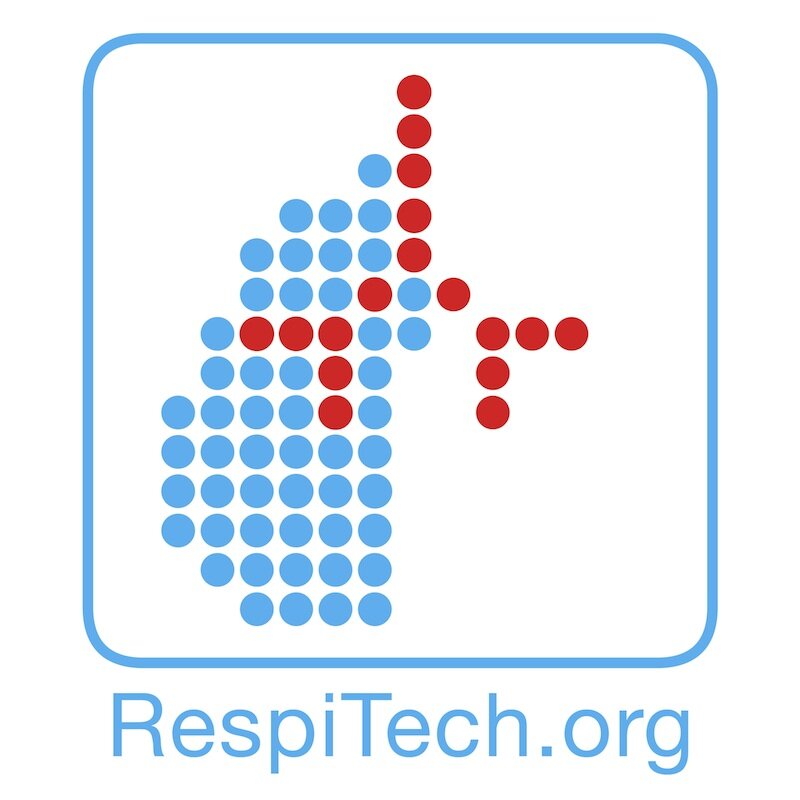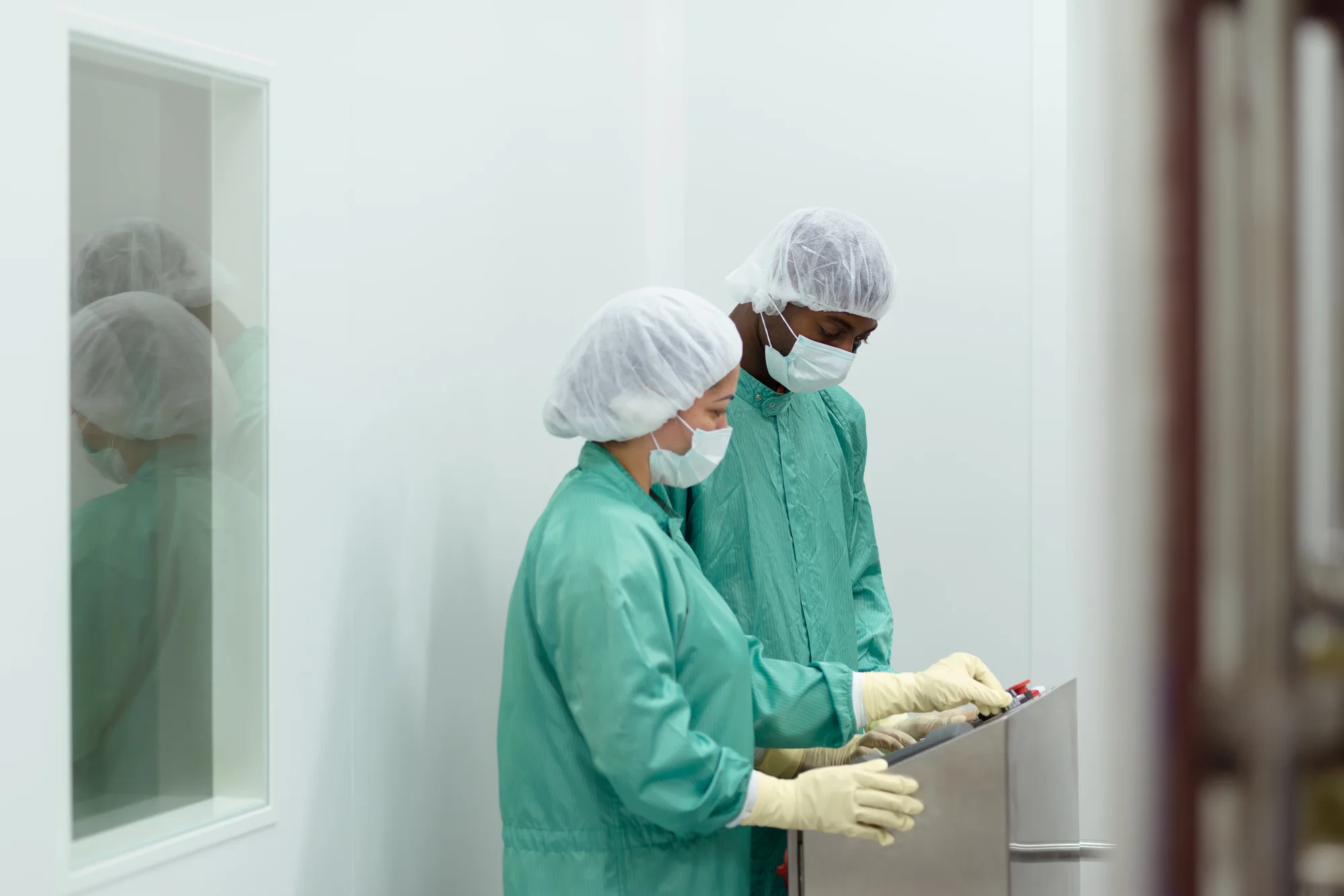Of note, our new laboratories and installation of core facilities have been completed.
All postgraduate students, postdocs and staff have now moved in to the WIMR and
research programs are ramping up. Importantly, we have successfully launched
our new Website www.Respitech.org along with social media hubs, via Facebook
and Twitter.
The group would like to
congratulate individuals for their personal achievements over the past month.
YY's (Hui Xin Ong) talk at
DDL in Scotland was a success and she was nominated a finalist for the Pat
Burnell New Investigator award; Jess (Jesslynn Ooi) received the award for best
scientific poster. Jess was also awarded a prestigious Endeavour Research
Fellowship to spend six months at UCL studying thermal events in pMDI systems
with Prof Simon Gaisford.
Paul was appointed onto the
Editorial Advisory Board of Pharmaceutical Research while Daniela saw the
launch of a new textbook focussed on educating undergraduate and postgraduate
students in the basic principles of inhalation science.
Additionally, the team has
published two papers this month suggesting that commonly used oral medications,
such as statins and NSAIDS, may provide new therapeutic approaches to treating
respiratory disease.
Importantly, the group would
like to welcome new members. Alesssandro Varnousfaderani from the University of
Ferrara (Italy), co-supervised with Dr Gaia Colombo, has joined the group to
undertake a project on particle engineering of novel macrolide drug delivery
systems.
Finally, the group enjoyed
celebrating the Australia Day long-weekend with an indoor BBQ (circumventing the
backlash of Ex-Cyclone Oswald).













